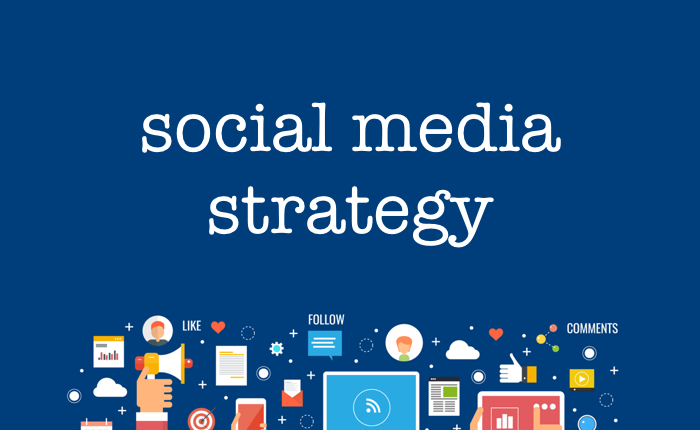blogs, social media and identity
 I spent a day earlier this week holed up in the Marriott Hotel, Grosvenor Square, London for the second Blogs and Social Media Forum. Unlike the Corporate Podcasting Summit I attended earlier in the year, there was fairly decent representation from publishers. OK, they were mostly techy types rather than marketing and editorial (who I think should also be attending this sort of thing), but, sticking my digit in the wifi cloud, I’m starting to feel that this stuff is finally, firmly on the agenda.
I spent a day earlier this week holed up in the Marriott Hotel, Grosvenor Square, London for the second Blogs and Social Media Forum. Unlike the Corporate Podcasting Summit I attended earlier in the year, there was fairly decent representation from publishers. OK, they were mostly techy types rather than marketing and editorial (who I think should also be attending this sort of thing), but, sticking my digit in the wifi cloud, I’m starting to feel that this stuff is finally, firmly on the agenda.
The focus was more on internal, ‘behind the firewall’ use of social media than on its potential to be used commercially to sell stuff; and on themes and issues than practicalities; but there were some interesting speakers, case studies and networking opportunities nonetheless.
The best way to get started in social media is simply to use it yourself. So I’d recommend taking a look at the blogs of some of the more interesting speakers: Roo Reynolds, Adriana Lukas, Lee Bryant, Simon Phipps, and Chair Euan Semple.
One theme touched on in various discussion panels and networking sessions during the day was that of identity.
You don’t need a Second Life avatar to have a separate online persona. What about your professional LinkedIn profile, the tone of voice you use in your Facebook profile, the pictures you post in Flickr? All create a brand impression about you as an individual. A separate persona. It’s still you, but a filtered aspect of you. Complete strangers create an impression of you based on your online profiles. That includes potential employers, many of whom now routinely look up the profiles of job candidates (oh yes they do).
Does that mean you should restrict your online identities? Use LinkedIn for professional networking, and Facebook / MySpace profiles for interacting with your friends?
As with so many things, the Internet is simply a reflection of real life, so this is a matter of personal preference. Some people have very distinct work and personal personas in real life. They may be a different person outside of the office. They may simply want to keep their social and business worlds separate. That’s fine, and you can do the same online. Facebook is private by default, and you can choose to make your MySpace profile private.
I, personally, don’t make the distinction. I use my profiles to connect with friends, business contacts, and interesting people I meet at conferences. My ‘interests’ are a strictly alphabetized mashup of business and personal interests. I don’t consider myself to have a ‘work life’ and a ‘personal life’ – I just have a life.
That’s easy for me to say. I’m self-employed, and not answerable to a higher corporate authority that may take a different view. And because my job involves social media, that’s where many of my contacts naturally hang out.
But I think we are entering the age of the individual, and leaving the age of the corporation. The old distinctions between business and personal are breaking down – and they should. Personal branding is important. A company really only leases the personal branding of its best employees.
I believe it will become a more valuable skill to develop a good online profile than to write corporate marketing spin. Fortunately, this is already ingrained in today’s graduates, who simply don’t exist if they’re not on Facebook.
Those corporations who accept and embrace their employees online activities, without an unnecessary amount of regulation, policing and ‘Doocing‘ will thrive in the age of social computing.
Sun Microsystems have always gone further than most here, to the extent of hosting the blogs of their employees on their corporate server. One of the conference speakers, Simon Phipps, Chief Open Source Officer at Sun Microsystems, said that once the business case for this was made, their HR policy of instant dismissal for anyone who dared blog about the company was dropped in favour of a blogging policy that can be boiled down to “Don’t be stupid. (And if you are stupid, we’ll sack you)”.
You could do something similar – and less risky – by simply linking to your employees’ blogs somewhere on your site.
Blogging and social networking, internally and externally, can have enormous commercial benefits, and strengthen business relationships. But it has to be used authentically – you can’t just post press releases into a blog. The first step here is to have employees who are encouraged to use social media. Corporations need to lose the fear. Or feel the fear and do it anyway.
Now that trust is in ‘people like me’ rather than in companies, well-rounded individual identity is more valuable than subsuming people Borg-like into a corporation.

